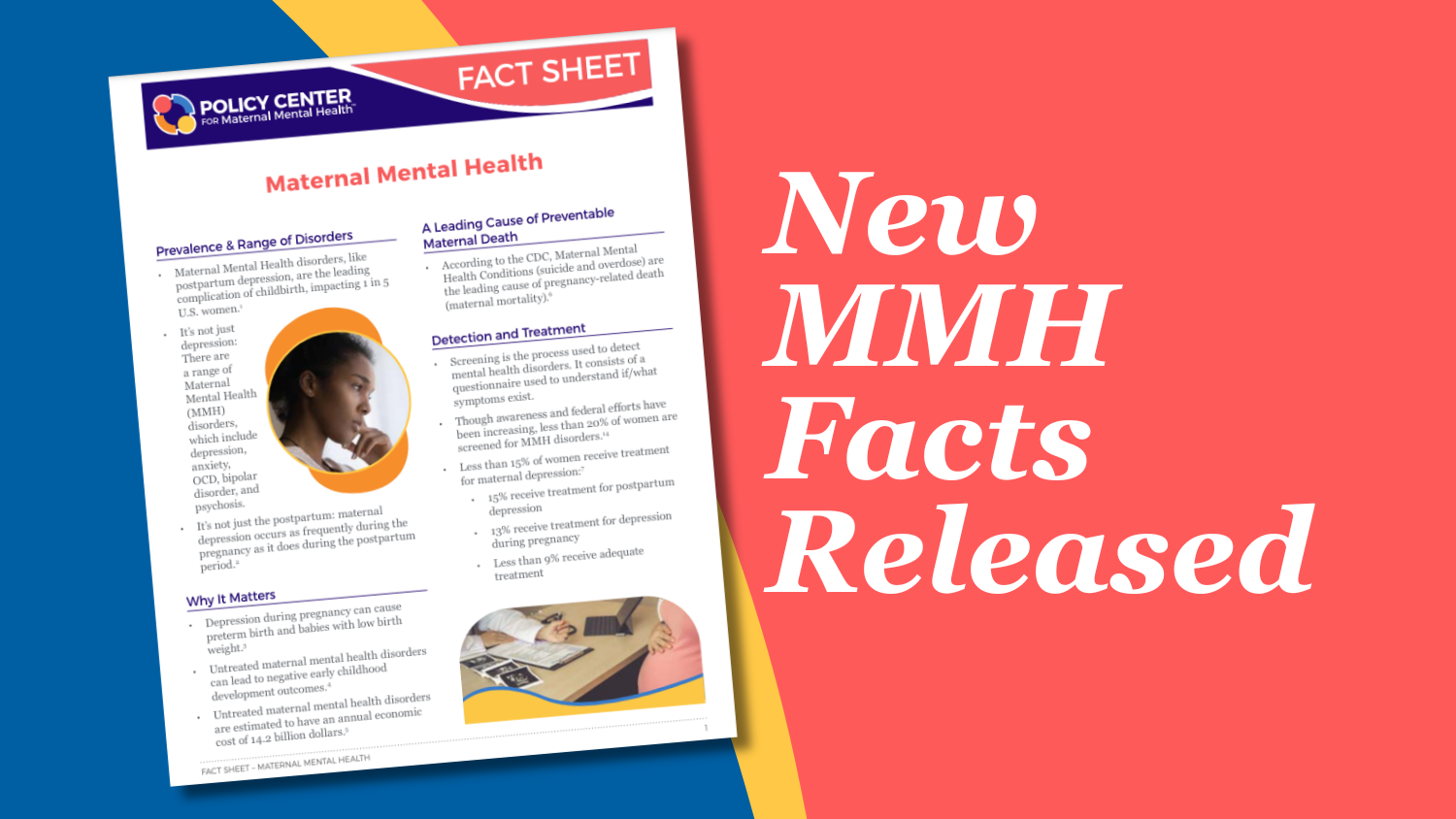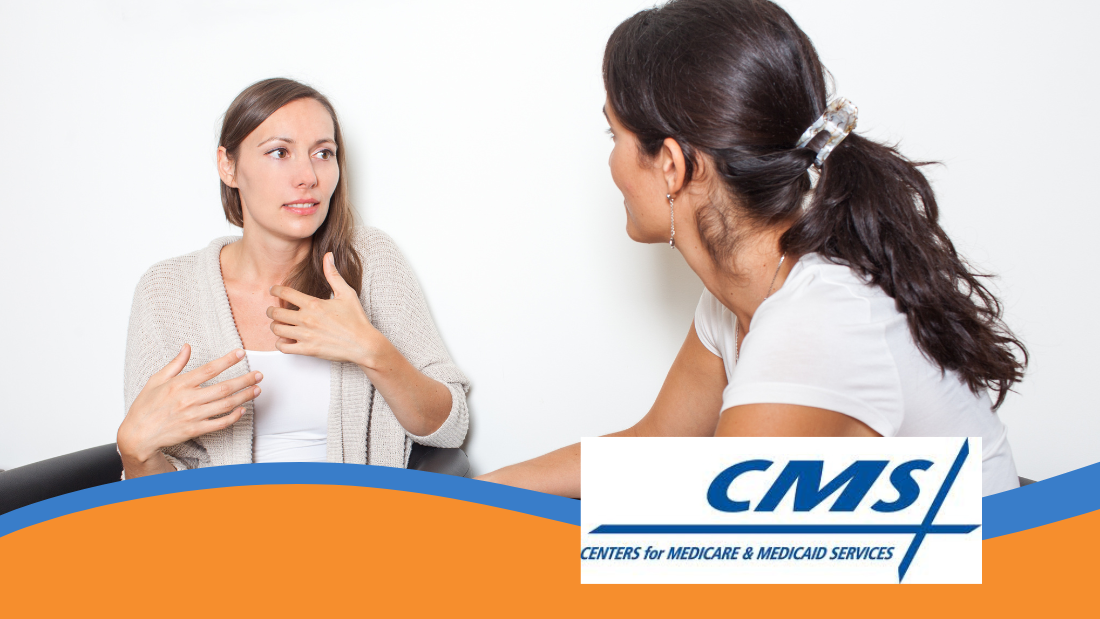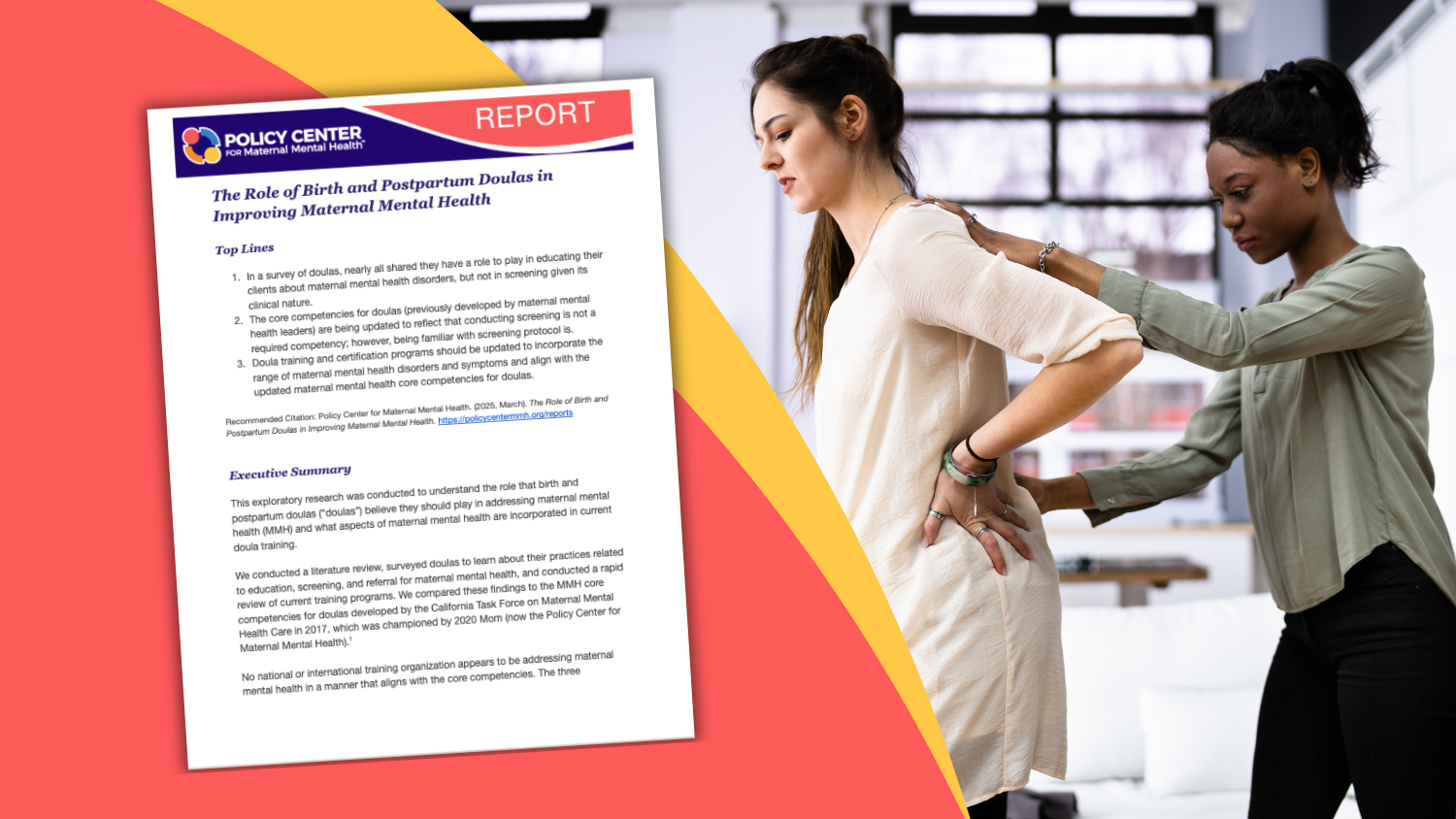Our work tracking state peer support policies is made possible through a grant from the Perigee Fund
Introduction
Increasing access to state-certified peer specialists is innovative and evidence-based, augmenting well-established behavioral health treatment professional shortages. Certification ensures that trained peer support providers retain knowledge and meet proficiency, enhancing the quality and consistency of care. This summary details which states provide certification and Medicaid reimbursement for mental health, substance use, or both areas of peer support services.
What is Peer Support
A peer support specialist is someone who has experienced something similar to the person they are supporting and has been able to maintain a healthy lifestyle. Peers generally provide mental health (MH) or substance use disorder (SUD) recovery support. Peers can offer understanding, respect, and empowerment to people who are dealing with concerns. Peers support people to stay engaged in recovery and reduce the likelihood of relapse. In the case of maternal mental health (MMH) peers can help parents who are at high risk for MMH disorders or those with diagnosable disorders maintain or improve their wellbeing through.
The Centers for Medicare and Medicaid Services (CMS) initially cited the efficacy of peer support programs in 2007, defining peer services as “an evidence-based mental health model of care which consists of a qualified peer support provider who assists individuals with their recovery from mental illness.” In addition to CMS, peer support has been nationally recognized by other federal agencies such as the Substance Abuse and Mental Health Services Administration (SAMHSA) and HRSA and endorsed by organizations like Mental Health America. Historically, certified peer specialists have been utilized in particular populations or community settings, such as for those with substance use disorders, or veterans. Peer specialists have been found to be effective in reducing anxiety and depression in pregnant and postpartum women as well, making peer support a promising intervention for maternal mental illness.1
Learn more about peer support in the Policy Center’s issue brief A Significant Solution for Maternal Mental Health: Certified Peer Specialists
Findings
Certification
Table 1: States with Peer Support Certification Gaps
| State | MH | SUD |
|---|---|---|
| Certification | Certification | |
| Hawaii | Yes | No |
| South Dakota | No | No |
Currently, 48 states and Washington D.C. offer certification for both mental health and SUD peer support specialists (Table 1). One state (Hawaii) offers certification for only mental health-related peer support. South Dakota is the only state that does not offer any certification (Table 1).2,3
Reimbursement
Reimbursement for peer support services through Medicaid can facilitate broader access to these services.
Table 2: Peer Medicaid Reimbursement by State
| State | MH | SUD |
|---|---|---|
| Medicaid Reimbursement | Medicaid Reimbursement | |
| Connecticut | Yes | No |
| District of Columbia | Yes | No |
| Hawaii | Yes | No |
| Maine | Yes | No |
| Maryland | No | Yes |
| New Jersey | No | Yes |
| Ohio | No | Yes |
| Pennsylvania | Yes | No |
| South Dakota | No | No |
| Vermont | No | No |
Currently, 48 states and Washington, D.C. offer reimbursement for peer support. Forty-one (41) states offer Medicaid reimbursement for both mental health and SUD peer support. Four states (Connecticut, Hawaii, Maine, Pennsylvania) and Washington, D.C. offer reimbursement for only mental health-related peer support services. Three states (Ohio, Maryland, New Jersey) offer reimbursement for only SUD-related peer support services. Vermont and South Dakota (which does not offer peer certification) are the only states that do not reimburse for either mental health or SUD.2,3
A Note About Reimbursement Rates
Medicaid reimbursement rates for mental health services vary widely due to differences in state budget constraints, cost of living, healthcare provider rates, policy priorities, and Medicaid expansion status. States with limited budgets and lower cost of living tend to have lower rates, while those prioritizing mental health funding and with higher healthcare costs set higher rates. Reimbursement rates are determined by state Medicaid agencies, often in collaboration with state legislatures and influenced by negotiations with healthcare providers. Federal matching funds also play a role, as states receive varying levels of federal support based on their income levels, impacting the amount they can allocate to Medicaid services. Peer support reimbursement rates for a 15-minute fee for service billing units vary greatly across states. The lowest rate is $5.98 in South Carolina, and the highest is $36.32 in Ohio.2,3
As reimbursement rates are currently quite low, it is ideal for peers to be employed in community-based organizations and embedded within clinical and related healthcare settings so that billing and reimbursement can be handled by the organizational entity rather than the individual peer. This way, employers can supplement low reimbursement rates through other revenue to provide a living wage and benefits for peer support specialists.
Closing
The Policy Center urges Medicaid agencies with gaps in peer support certification and reimbursement to work towards closing all gaps to ensure better care for mothers suffering from maternal mental health disorders and all individuals needing peer support.
References
- Center for Maternal Mental Health. (2023, April). A Significant Solution for Maternal Mental Health: Certified Peer Specialists [Issue Brief]. https://policycentermmh.org/certified-peer-support/ ↩︎
- Substance Abuse and Mental Health Services Administration (SAMHSA). (2024). Substance Abuse and Mental Health Services Administration: Financing Peer Recovery Support: Opportunities to Enhance the Substance Use Disorder Workforce. Publication No. PEP23-06-07-003. ↩︎
- Peer Recovery Center of Excellence. (2024). Medicaid Reimbursement for Peer Support: A Detailed Analysis of Rates, Processes, and Procedures. Peer Recovery Center of Excellence, University of Missouri – Kansas City. ↩︎



